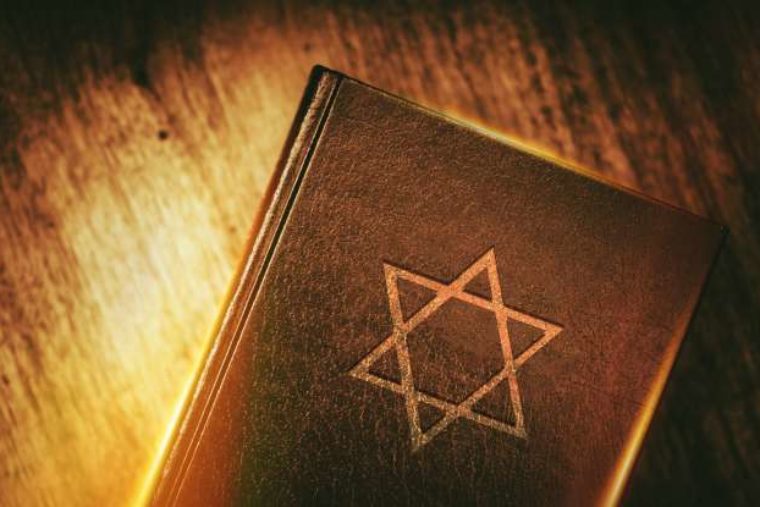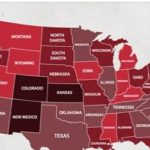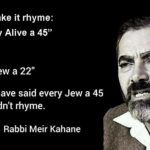I studied antisemitism with the great George Mosse and later on with Walter Laqueur, Renzo de Felice, and others, and I learned a lot about what drives modern anti-Semites, but what really drove me, from the very beginning, was a question about the victims. I could not imagine getting on the trains to Auschwitz and the other death camps. Yet millions did, even though they knew where the cattle cars were headed and what that meant for themselves, their families, and their communities.
Why didn’t they fight? Why did they make it so easy for Hitler, Eichmann, and the other monsters of the Third Reich? That was the question that drove me, and still drives me, most recently in my current project on the Italian Jews.
I don’t believe there are simple answers to such questions—we’re not very good at decoding the human spirit—but it helps to look at those who did fight. Who were they? They fall into different categories. Some were Orthodox Jews, very observant. Others were involved in secular politics, primarily of the Left, socialists and Communists. Those who did worst, those who went quietly, were good liberals for the most part, as were most European Jews. This certainly doesn’t mean that only liberals got on the trains. Plenty of secular radicals and Orthodox practitioners went to the death camps. But I was taught early on that resistance mostly came from those who understood very well why the Nazis and fascists hated them, and saw clearly that their enemies had dehumanized the Jews, and were thus intent on eliminating them.
The bulk of the Jewish community thought of themselves as good citizens, and did not accept the fact that they were hated and targeted for death. Most believed that all people were the same, that all people were basically good, and shared a common humanity. The Jews who thought otherwise (I am tempted to say “those who knew better”), who thought of themselves as different, understood that there were many bad people quite ready to do in the Jews. Of these, both religious and secular were early believers in Zionism. After all, Herzl was radicalized by the spectacle of the Dreyfus Affair, which showed how many French officials were anti-Semites, and that even distinguished service in the Army could not save their Jewish target.
by Michael Ledeen



